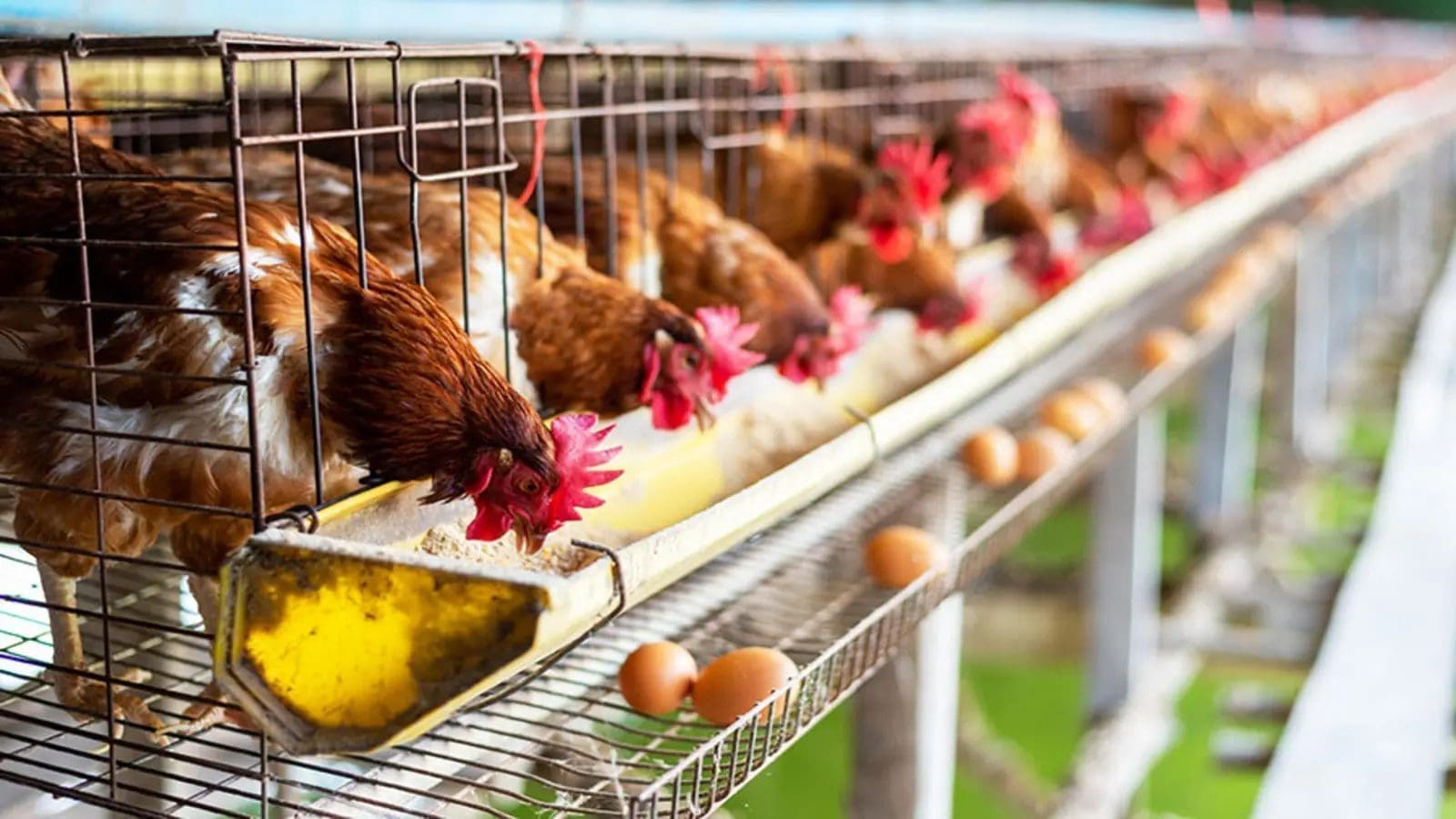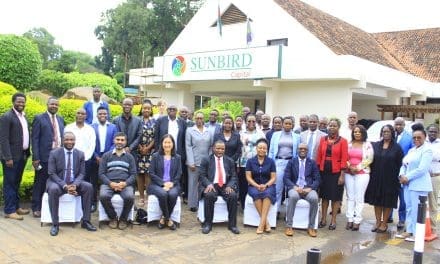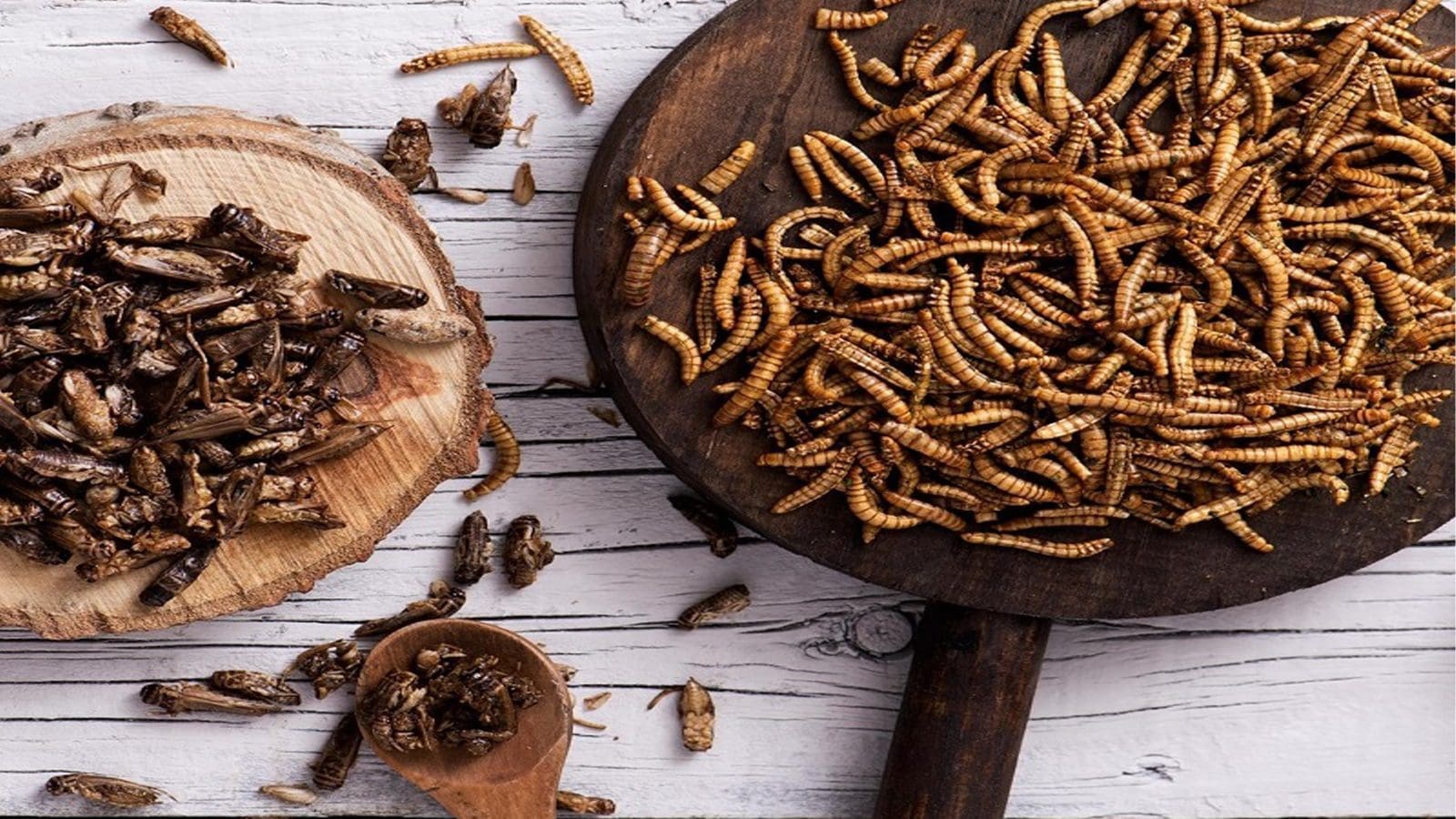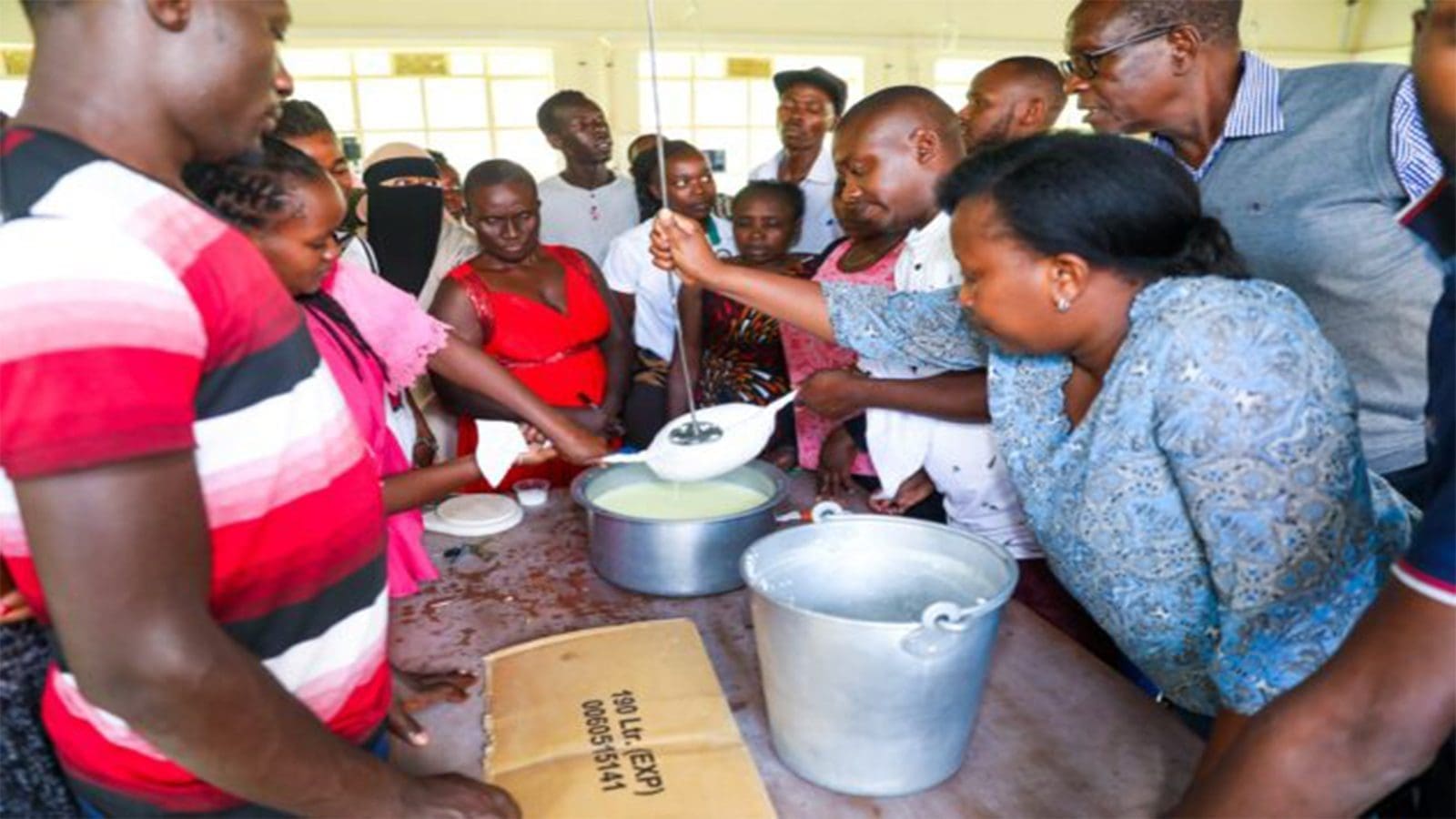GAMBIA – The Gambian Ministry of Environment, Agriculture, Health and National Disaster Management Agency has confirmed an outbreak of Avian influenza (H5N1) in the country after several birds were found dead in Kartong and other coastal areas.
Avian influenza, commonly called bird flu, has been spreading around the world in the past year, killing more than 200 million birds, sending egg prices rocketing, and raising concern among governments about human transmission.
“The general public is informed that Avian influenza has just been confirmed in wild birds in The Gambia followed by a joint investigation following reports of unusual deaths among wild birds in Tanji Bird Reserve.
“Furthermore, it is worth noting that the disease was also reported in our neighboring country, Senegal, in poultry and wild birds last week,” Gambia’s Government disclosed in a joint press statement.
The outbreak occurred on March 18 on a farm in the village of Potou near the town of Louga, not far from the Langue de Barbarie National Park, where an outbreak of HPAI type H5N1 bird flu was found on March 10.
Nearly 500 birds were killed in the outbreak while the remaining animals in the 11,400-strong flock were culled.
Senegal, which reported an outbreak of H5N1 bird flu on a poultry farm in the northwestern part of the West African country, almost surrounds the Gambia. Over 1,700 wild bird deaths have also been recorded in Senegal.
According to Senegalese authorities, the same disease was first detected on March 8 in samples taken from migratory royal and sandwich tern birds around Pink Lake and Yoff Island near the capital Dakar.
In a joint statement, the Gambian Government said samples collected from dead birds were sent to the National veterinary laboratory for Veterinary and livestock research (LNERV) in Dakar, Senegal, on 1st April 2023 and were found to be positive for H5N1.
The statement highlighted that Avian Influenza is a severe poultry disease and can also cause disease in humans.
It also added that it is a zoonotic disease that causes devastating consequences for the poultry industry, farmers’ livelihoods, and international trade.
“With the current situation, the authority is closely working together to help reduce the infection pressure at the wild bird level while working with other key stakeholders in the strive to prevent the spillover to our poultry which subsequently will pose a more serious threat to public health,” the release indicated.
The Gambian government has advised the public to avoid touching sick and dead wild birds.
For all the latest food safety news from Africa and the World, subscribe to our NEWSLETTER, follow us on Twitter and LinkedIn, like us on Facebook and subscribe to our YouTube channel.








